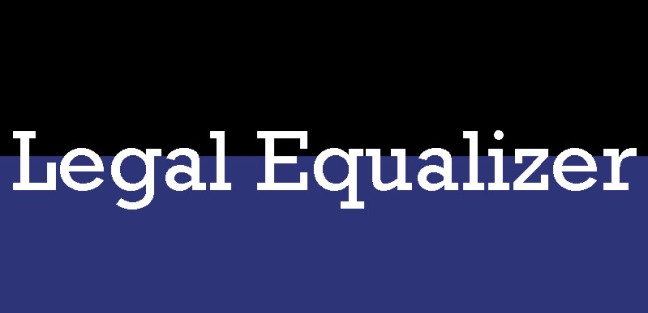One of the foundations of our Constitution is that the rights of many do not impede upon the rights of a few. I get that, and I think it an imperative cornerstone of America.
But today I am writing about discipline in public school…stay with me; there’s a connection.
All children have a right to a free and appropriate education (FAPE). FAPE gets tossed around a lot. What it means is that the school is bound by law to serve every child, whether he or she has a special learning need or not. Again, I agree that we need to ensure the rights of a few. But when do the rights of a few trump the rights of many?
I’m sure that we have now all seen the video of the South Carolina Resource Officer who flipped a child onto the floor. Was he wrong? Absolutely! Should he lose his job? Yes! Was it overkill? Probably.
What got him to that point, though? A teacher had to call in an administrator who then had to call in a police officer (and yes, they are trained officers…with vests and guns) to deal with a child who allegedly would not leave a class of 25-30 students. ONE child kept a class of 25-30 kids from learning. ONE child kept instruction from other students who also have a right to FAPE.
As a mother and an educator, though, I am growing more and more concerned that students who are “average” are being pushed out of public school by those who need special attention. Gifted students get extra money from the coffers; students who don’t speak the language get extra money from the coffers; students who are medically fragile get extra money from the coffers; so do kids with ADHD if they have an Individualized Education Plan (IEP). They get special testing plans and extra time on tests; they get extra resources; some even get their own teacher.
How has it gotten to the point that schools must use resources such as a full time, certified teacher for one student, or an assistant to a teacher of five students when the “average” child is stuck in a classroom with 30 other “average” kids? When one reads about student teacher ratios, averages are used. Meaning, when a parent reads 12:1 ratio, the school or school system is not taking into account that some of the children in that school have their own teacher, or there is a class of three students who are highly special needs. These children need special attention, and I appreciate that. I understand that they are either medically fragile or at such a place that their education depends upon those resources.
Brenda Wood has some comments about public school’s discipline problems that I found refreshing. I appreciate her thoughts, but I don’t think that Ms. Wood understands that students who have an IEP can be as “mouthy” as they want to be because those students can only be suspended ten days of school…period. If a child who has a special need of Behavior Disorder (BD), s/he can cuss out a teacher or even threaten to hurt a teacher, and before anyone can do anything, a hearing must be called to see if the behavior is a “manifestation of disability”. That means that if Susie cussed me out and threatened to kill me, it may have been something that set her off, and we as a school just need to be better at handling Susie’s disability.
I have a couple of little people who are “average”, and they sometimes come home and tell me about their day, saying, “No we didn’t have much reading (or fill in the blank) today because Susie was having another one of her bad days.” I then ask what they did, instead. Sometimes they go to another classroom until Susie calms down (lost instruction), or sometimes they just wait until Susie calms down (complete waste of instruction). Sometimes the principal or assistant principal gets called in to remove the child in a way that they have been trained. But then the principal or assistant principal has to sit with Susie until mom or dad arrives. Sometimes they do; more often, they don’t. So what do I do? I get angry because there’s nothing I can do. I find it unfair that now the rights of one are impeding the rights of the rest of the class, my child included. Before I had kids, I was much more inclined to be understanding and inclusive, but that was before my children’s rights to FAPE were trumped by that of one child who was not “average” but special.
One day, some crazy parent might decide to sue because their “average” child is being lost in the masses of “special” children. That crazy parent may just be me.





